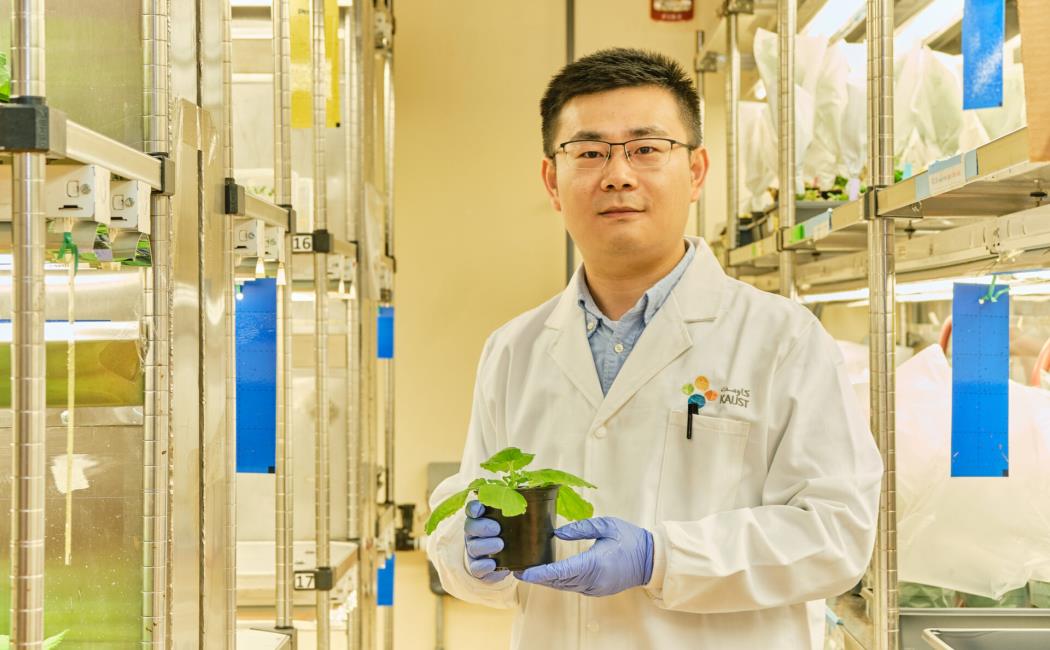
Fungal enzymes may enhance provitamin A content and stability in crop plants
05 September, 2023
Fortifying crops to boost the production of certain vitamins and other nutrients is a common agricultural practice, but KAUST researchers have hit upon a novel biofortification method that could enhance provitamin A intake for humans. The technique hinges on a simple pathway consisting of three enzymes found in the fungus Neurospora crassa.
“Provitamin A carotenoids (PACs) are natural pigments that are vital for photosynthesis and are thus found across multiple plant species,” says postdoc Xiongjie Zheng, who worked on the project under the supervision of Salim Al-Babili. “PACs are vital for human health because they are precursors of vitamin A and also act as antioxidants and reactive oxygen species scavengers.”
However, plants store PACs inside plastids – organelle structures within plant cells – which makes it more difficult for humans to digest and absorb them. Furthermore, nongreen tissues from staple crops, such as rice, hold limited levels of PACs or are free of them entirely. Finding a way to boost PACs in different crop plants could help tackle vitamin A deficiency – a major health issue across the world.